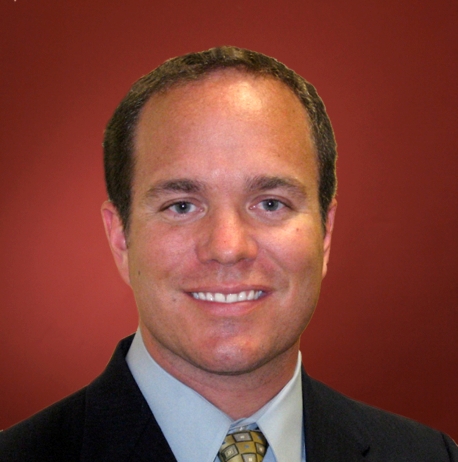 Physicians aren’t just clinicians today; they are business men and women running their practice in a complex market. But medical schools haven’t adapted and most physicians don’t receive any business training.
Physicians aren’t just clinicians today; they are business men and women running their practice in a complex market. But medical schools haven’t adapted and most physicians don’t receive any business training.
That’s where mentors, consultants and innovators like Mike Duffy, MD, and Afferent Provider Solutions come in. The business was started by him and a group of healthcare providers who wanted to provide proper guidance to young doctors that they never received.
"I help the fellows and junior partners with investing, insurance and career planning," says Dr. Duffy, who is a spine surgeon at Texas Back Institute. "We have many established physician clients, but our main focus is to help young physicians through the end of training and the first few years of practice."
Afferent was started to provide business training and investment advice as well as guidance for purchasing insurance.
"For investing, we use an evidence-based platform for helping physicians make smart investments," says Dr. Duffy. "We are focused on making good investments for our clients, and not only that, as a fee-only service, the pricing is transparent so our clients always know exactly what they are paying."
Here are six key challenges for spine surgeons transitioning into their own practice:
1. Debt management and consolidation. Young surgeons often have medical school debt when they first enter practice, and could take on additional debt to launch their practice, buy a home or other personal or professional endeavors.
"The first headache is understanding the debt from medical school and transition to making significantly more money," says Dr. Duffy. "A lot of physicians don’t understand their student loans and the different rates they have; they don’t know consolidating and refinancing can save them money."
The average physician has saved $39,000 by refinancing student loans through Afferent's student loan consolidation partner.
2. Financial planning with increased salary. Physicians entering private practice increase their salary seven- to 10-fold from residency and fellowship. However, the smartest surgeons don’t go on a spending spree. Instead, they learn about budgeting and money management. Around 48 percent of physicians report they are behind on retirement savings.
"The second issue becomes financial planning; how much money should surgeons save? How much protection should they have with disability insurance? Should they buy that new BMW?" says Dr. Duffy. "They worked so hard at learning medicine, now they need to work hard at planning for the future and spending appropriately."
3. Choose the right practice setting — group or solo. There aren’t as many solo surgeons today as there were even 10 years ago; more young surgeons are joining larger private practices or becoming hospital employees. Large practices offer economies of scale in contract negotiations and can mitigate risk, but make sure established practices have their financials in order.
"A lot of physicians leave money on the table because they don’t have practice management and collections in a good system," says Dr. Duffy. "We have a division that helps practices with those issues."
4. Make the right choice in disability and life insurance. Millennial surgeons may not be focused on the future, but as their Baby Boomer and Gen X colleagues know, the future catches up with busy surgeons quickly. The sooner surgeons start planning for the future with disability and life insurance the better.
"Something like 60 percent of physicians say they know another physician who has been disabled due to illness or injury, so it’s absolutely essential for young physicians to protect themselves — and the younger they are when they buy a disability plan, the cheaper it is," says Dr. Duffy.
Young surgeons also look for business information online and through social media interactions. Afferent Provider Solutions created an education resource called Afferent University for physicians to learn about business, insurance, career planning and investment management.
5. Strategic investments. As time goes one, there will be a huge transfer of wealth from the baby boomer generation to millennials, and surgeons can grow their wealth with the right investments. Currently, around 45 percent of physicians report having made investment mistakes during their careers, according to the 2015 Medscape Physician Compensation Report.
Afferent Investments is a SEC registered company which utilizes algorithms and rules for investing which protect against downside risk and allows investors to participate in the upside of the market.
"If the market goes down, the algorithm will take the investment out of the market into a safe strategy," says Dr. Duffy. "Then the client is protected, and when the market rebounds, the client is reinvested in the market automatically. That allows the investor to participate in the upside and limit the downside. We believe that this strategy is best for busy physicians."
From his own 10-year investing career, Dr. Duffy knows how important it is to use the concept of compounding interest to eventually retire comfortably.
6. Build the right work/life balance. Millennial physicians report work/life balance as an important factor in career choices. "They’ve seen what a poor work/life balance did to their parents and grandparents," says Dr. Duffy. "They aren’t going to define themselves by being a physician; they define themselves by other things like family, hobbies and religious dedication. They have changed the order of priorities from pervious generations."
Young surgeons are finding ways to save and spend less with new technology to streamline their work and make them more efficient.


